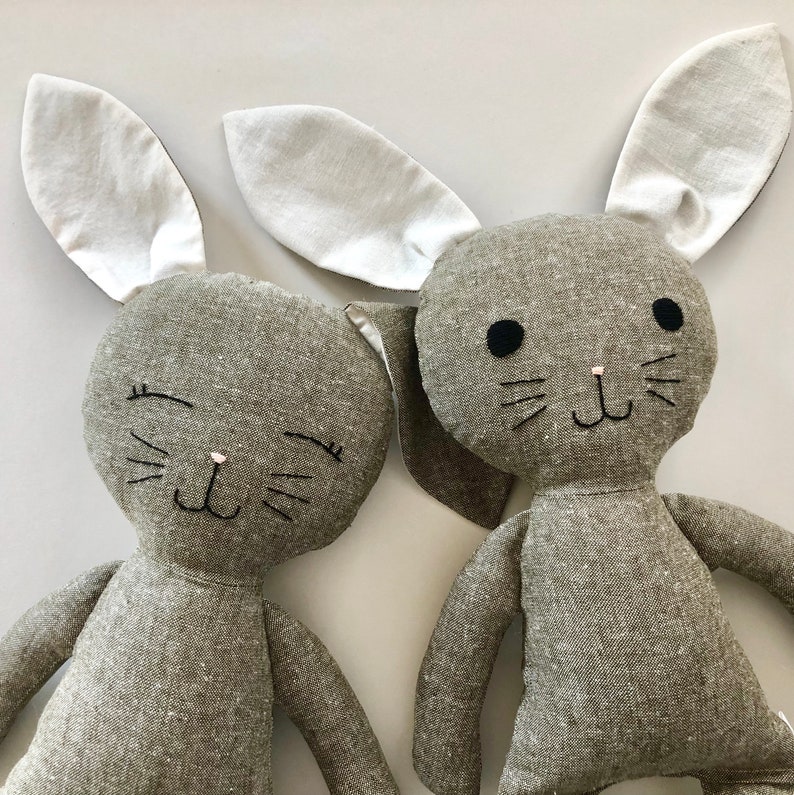News
How Handmade Macrame Products Contribute to Sustainable Consumer Choices
As the world becomes more aware of environmental and ethical issues, handmade macrame products are making an important impact in promoting sustainable consumer behavior. More and more people are choosing products that align with values like environmental responsibility, fair trade, and support for local artisans. These handmade goods, carefully crafted with dedication and skill, offer an eco-friendly solution that reduces waste and encourages mindful consumption. This trend toward handcrafted items is part of a larger movement that fuses sustainability with artistry, offering consumers unique, beautiful, and earth-conscious products.
Reducing Waste and Overproduction
Mass production often leads to excess waste, but handmade macrame products offer a different approach. These items are typically made in small batches or custom-made on demand, minimizing waste and avoiding the overconsumption that characterizes mass manufacturing. Artisans are mindful of using only the necessary materials, often incorporating recycled or upcycled resources into their creations. This conscious production process reduces industrial waste and offers a more sustainable choice for consumers.
Sustainable Materials and Practices
Handmade macrame pieces are commonly made with natural, renewable, or recycled materials. Eco-friendly resources such as organic cotton, biodegradable fibers, and plant-based dyes are often used, helping to lower the environmental impact. Many artisans also adopt low-impact techniques, which use less energy compared to conventional manufacturing processes. These sustainable practices align with the growing demand for eco-conscious products and allow consumers to make responsible choices that contribute to a healthier planet.
Supporting Local Economies and Fair Trade
One of the key benefits of choosing handmade macrame products is the direct support it provides to local economies and small businesses. When consumers purchase these goods, they are contributing to the livelihoods of artisans both locally and globally. This support helps preserve traditional craftsmanship, protect cultural heritage, and promote fair trade practices. Many artisans in developing countries rely on fair wages and humane working conditions, ensuring that each purchase supports ethical consumer values.
Craftsmanship and Durability
Handmade macrame products are created with a focus on craftsmanship and durability. Artisans invest significant time and attention to detail to ensure each piece is made to last. Unlike mass-produced goods, which are often designed for quick disposal, handmade macrame items are built to endure. This long-lasting quality means that consumers can cherish these products for years, reducing the frequency of replacements and helping to combat the environmental impact of overconsumption.
Mindful Consumerism
Opting for handmade macrame products encourages a more thoughtful and intentional approach to shopping. These items often carry personal significance, telling a story or evoking a cherished memory. This contrasts with the impulsive purchasing habits seen in mass-market retail. Handmade macrame goods offer consumers the opportunity to connect with the artisans and the processes behind each piece, fostering more conscious and meaningful purchasing decisions. By choosing these items, consumers align their values with their purchases, embracing the uniqueness and artistry of every product.
Technology’s Role in Promoting Sustainability
Although rooted in traditional craftsmanship, technology plays an essential role in making handmade macrame products accessible to eco-conscious consumers. Online marketplaces and social media platforms have allowed artisans to reach a global audience, share their sustainable practices, and tell the stories behind their creations. These digital platforms enable consumers to discover and connect with artisans who share their values, expanding the reach of handmade macrame products worldwide.
Upcycling and Repurposing Materials
Many artisans in the handmade movement are also committed to upcycling, turning discarded items into functional and beautiful art. From jewelry made from recycled metals to home decor crafted from reclaimed wood, these products demonstrate how waste can be transformed into valuable and beautiful pieces. By supporting artisans who upcycle materials, consumers help reduce pressure on natural resources and promote creative, sustainable craftsmanship.
The Impact on the Home Decor Industry
The home decor industry, often criticized for its environmental impact, is undergoing a positive change as handmade macrame products provide sustainable alternatives. Artisans specializing in handmade macrame home decor embrace eco-friendly materials and ethical production methods. These products are designed to last, giving consumers the chance to invest in timeless, high-quality decor that transcends fleeting trends. By choosing handmade macrame goods, consumers actively support a more sustainable and ethical home decor industry.
Conclusion
Handmade macrame products are more than just a trend—they represent a shift toward sustainability, ethical practices, and mindful consumerism. As more people seek eco-friendly and socially responsible products, these handmade items offer a meaningful solution. By supporting artisans, reducing waste, and selecting high-quality, durable products, consumers can have a positive impact on the environment and contribute to a sustainable future. Handmade macrame goods stand as a testament to creativity, craftsmanship, and sustainability, making them a perfect choice for those who want their purchases to reflect their values.

